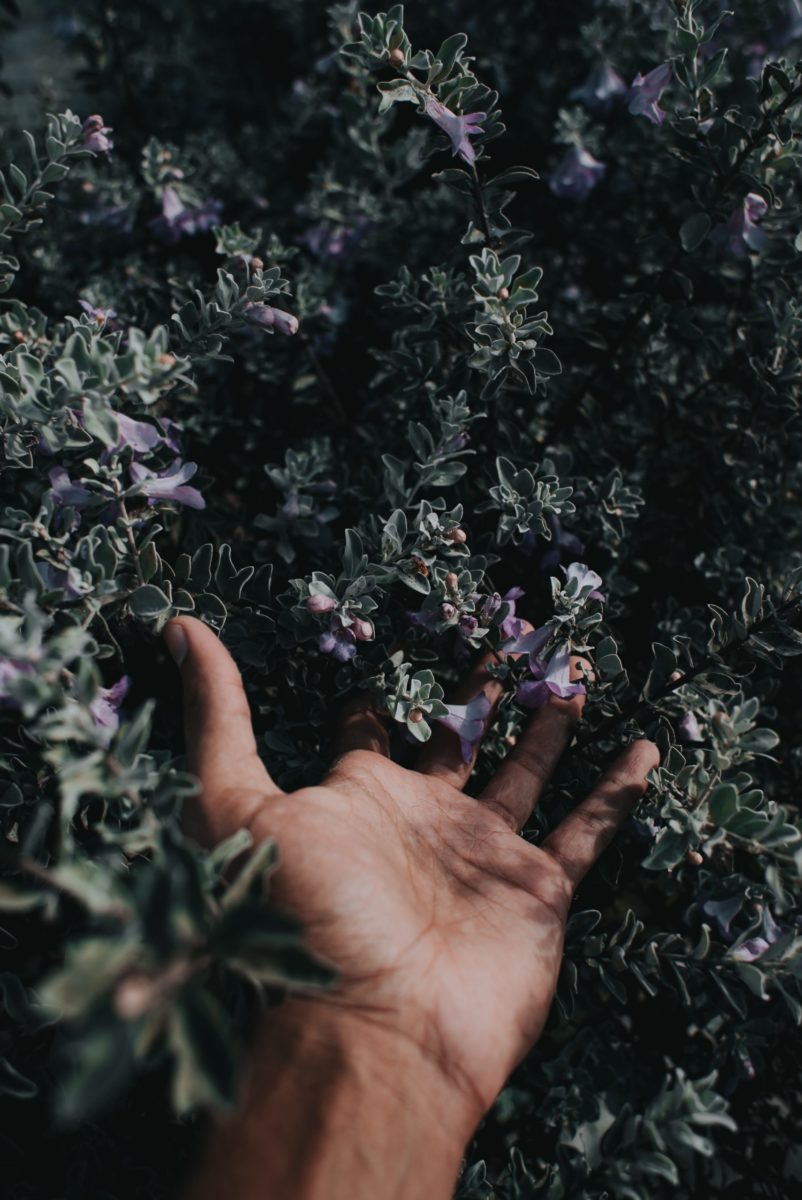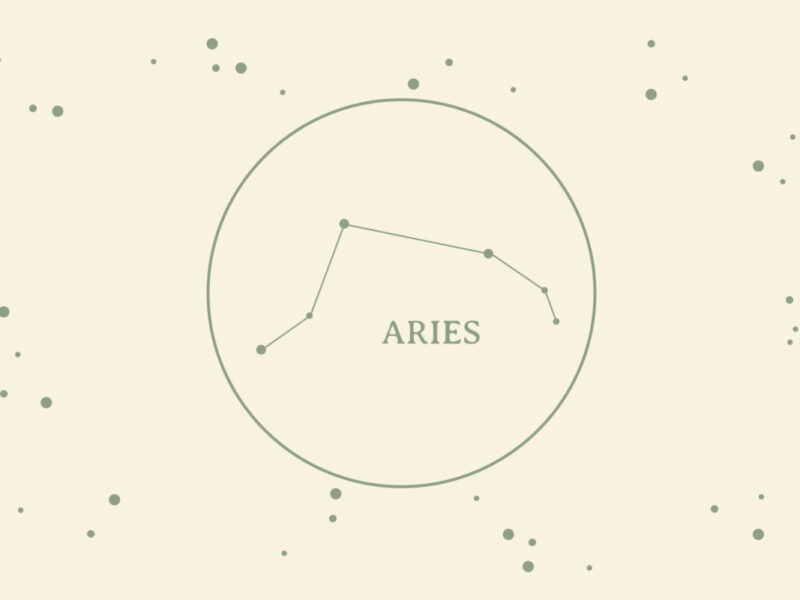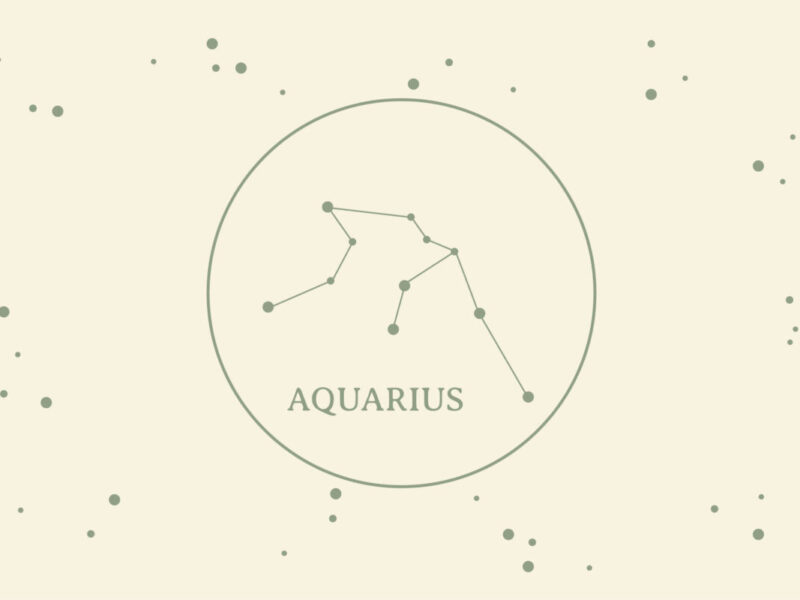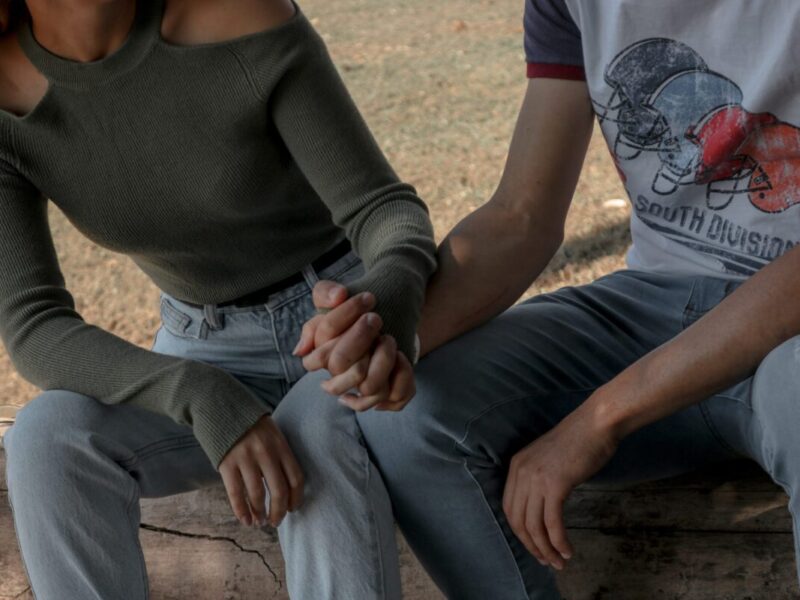In an article by Michael Detra in the Washington Post, he discusses reading John Burnside’s The Music of Time: Poetry in the Twentieth Century. In this book, Burnside says that 20th-century poetry matters because it “continually interacts with contemporary social conditions and political crises” — something he refers to as “the noise of the time.” He continues by saying that poetry “aims in every possible way to reaffirm the world that we actually inhabit, in all its vital, messy, beautiful, tragic reality. It is not so much the case that poetry makes nothing happen as that it attempts to reveal what is already happening, to offer a context to events and so propose a means by which the noise of time can be re-experienced as the music of what happens.”
This stopped me in my tracks. I reread it several times. In the times we are in now, most of you reading this from inside your homes where you have been for days as we wait out the effects of COVID-19, poetry is here to remind us of our humanity. And while it won’t solve all our problems, personal or international, poetry offers context and can also put things into perspective for us. In times of crisis, art thrives and allows people a place to be their most empathetic, imaginative, understanding and human selves. Here are 5 poems to read in times of crisis.
“I Am Much Too Alone in This World, Yet Not Alone” by Rainer Maria Rilke
I am much too alone in this world, yet not alone
enough
to truly consecrate the hour.
I am much too small in this world, yet not small
enough
to be to you just object and thing,
dark and smart.
I want my free will and want it accompanying
the path which leads to action;
and want during times that beg questions,
where something is up,
to be among those in the know,
or else be alone.
I want to mirror your image to its fullest perfection,
never be blind or too old
to uphold your weighty wavering reflection.
I want to unfold.
Nowhere I wish to stay crooked, bent;
for there I would be dishonest, untrue.
I want my conscience to be
true before you;
want to describe myself like a picture I observed
for a long time, one close up,
like a new word I learned and embraced,
like the everday jug,
like my mother’s face,
like a ship that carried me along
through the deadliest storm.
“blessing the boats” by Lucille Clifton
may the tide
that is entering even now
the lip of our understanding
carry you out
beyond the face of fear
may you kiss
the wind then turn from it
certain that it will
love your back may you
open your eyes to water
water waving forever
and may you in your innocence
sail through this to that
“Nothing Twice” by Wislawa Szymborska
Nothing can ever happen twice.
In consequence, the sorry fact is
that we arrive here improvised
and leave without the chance to practice.
Even if there is no one dumber,
if you’re the planet’s biggest dunce,
you can’t repeat the class in summer:
this course is only offered once.
No day copies yesterday,
no two nights will teach what bliss is
in precisely the same way,
with precisely the same kisses.
One day, perhaps some idle tongue
mentions your name by accident:
I feel as if a rose were flung
into the room, all hue and scent.
The next day, though you’re here with me,
I can’t help looking at the clock:
A rose? A rose? What could that be?
Is it a flower or a rock?
Why do we treat the fleeting day
with so much needless fear and sorrow?
It’s in its nature not to stay:
Today is always gone tomorrow.
With smiles and kisses, we prefer
to seek accord beneath our star,
although we’re different (we concur)
just as two drops of water are.
“Vespers” by Louise Glück
In your extended absence, you permit me
use of earth, anticipating
some return on investment. I must report
failure in my assignment, principally
regarding the tomato plants.
I think I should not be encouraged to grow
tomatoes. Or, if I am, you should withhold
the heavy rains, the cold nights that come
so often here, while other regions get
twelve weeks of summer. All this
belongs to you: on the other hand,
I planted the seeds, I watched the first shoots
like wings tearing the soil, and it was my heart
broken by the blight, the black spot so quickly
multiplying in the rows. I doubt
you have a heart, in our understanding of
that term. You who do not discriminate
between the dead and the living, who are, in consequence,
immune to foreshadowing, you may not know
how much terror we bear, the spotted leaf,
the red leaves of the maple falling
even in August, in early darkness: I am responsible
for these vines.
“Believing in Iron” by Yusef Komunyakaa
The hills my brothers & I created
Never balanced, & it took years
To discover how the world worked.
We could look at a tree of blackbirds
& tell you how many were there,
But with the scrap dealer
Our math was always off.
Weeks of lifting & grunting
Never added up to much,
But we couldn’t stop
Believing in iron.
Abandoned trucks & cars
Were held to the ground
By thick, nostalgic fingers of vines
Strong as a dozen sharecroppers.
We’d return with our wheelbarrow
Groaning under a new load,
Yet tiger lilies lived better
In their languid, August domain.
Among paper & Coke bottles
Foundry smoke erased sunsets,
& we couldn’t believe iron
Left men bent so close to the earth
As if the ore under their breath
Weighed down the gray sky.
Sometimes I dreamt how our hills
Washed into a sea of metal,
How it all became an anchor
For a warship or bomber
Out over trees with blooms
Too red to look at.




